Local Organizing Committee
Honorary President: Carlos Belmonte
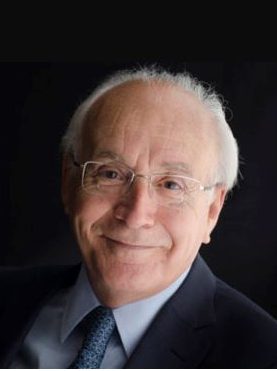
Professor of Human Physiology (emeritus), he was secretary general (1997-2000) and then president (2008-2013) of the International Brain Research Organization and of the Spanish Society of Neurosciences. He founded the Instituto de Neurociencias de Alicante, a joint centre of the Consejo Superior de Investigaciones Científicas and the Universidad Miguel Hernández. He belongs to the Real Academia de Ciencias Exactas, Físicas y Naturales, Academia Europea Akademie der Wissenschaft Mainz (Germany), Academy of Sciences, Cordoba (Argentina) and several Academies of Medicine in Spain. He has received many prizes, amongst them the Rey Jaime I National Research Award, and the Gregorio Marañón National Biomedical Research Award, the Nature Lifelong Mentorship Award, the Endre Balazs Award for Eye Research from ISER, the European Vision Award from the European Vision Institute, the Alcon Award and the Honourable Mention from the ARVO Foundation (USA) for his outstanding contribution to research in vision and ophthalmology.
Chair of Local Organizing Committee
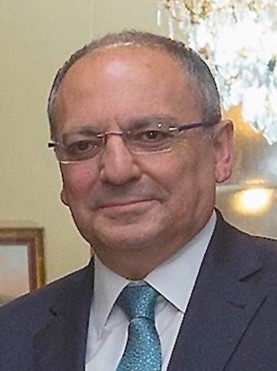
Dr. Juan Lerma is a Professor at the Spanish National Research Council (CSIC). His research is related to the molecular basis of neuronal communication, specifically the mechanisms used by glutamate and its receptors in synaptic transmission and plasticity to orchestrate fundamental physiological activities and trigger brain diseases when they are deregulated. He has been Director of the Institute of Neurosciences CSIC-UMH; President of the Spanish Society of Neuroscience (SENC); President of the Pan-European Regional Committee of the International Brain Research Organisation (IBRO) and Secretary General of FENS. Currently, he is Editor-in-Chief of Neuroscience and Director of the Cajal International Neuroscience Centre (CINC-CSIC).
Local Organizing Committee
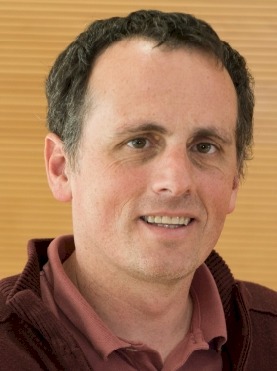
Dr. Albert Compte is Senior Group Leader at the Institut d’Investigacions Biomèdiques August Pi I Sunyer (IDIBAPS) in Barcelona. His research addresses the neuronal network mechanisms underlying cognitive processes of perceptual decision making and working memory, including the alterations of these mechanisms in patients with cognitive dysfunction. He applies mathematical models to characterize behavior and to interpret neural recordings obtained from EEG, fMRI or neural intracranial recordings during cognition.
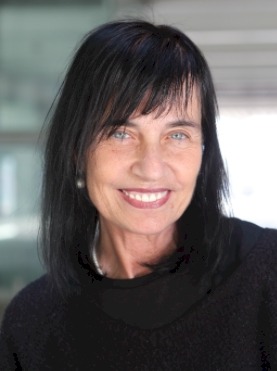
Dr. Mara Dierssen is Group Leader at Centre for Genomic Regulation (CRG) and Institut Municipal d’Investigacions Mèdiques (IMIM) in Barcelona, Spain. Her research builds on multi-level exploration of neural networks and dynamical models to get insight in the integrative principles in brain cognitive systems, mainly using genetically modified mouse models of intellectual disability and other cognition disorders. Dr Dierssen has been President of the Spanish Society of Neuroscience, President of the International Behavioral and Neural Genetics Society, President of the Trisomy 21 Research Society, and member of EDAB and Academia Europaea.
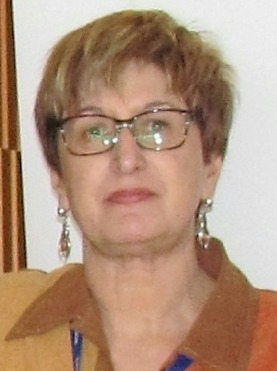
Dr. Milagros Gallo is Professor of Psychobiology at the University of Granada (Spain). Her research in animal models is aimed to understand the neural mechanisms of learning and memory with special interest in taste learning as well as the effects of early diet interventions on brain and cognition development. She has been Director of the Institute of Neurosciences “Federico Olóriz” of the University of Granada and President of the European Chemoreception Research Organisation” (ECRO). Currently she is responsible of the Neuroplasticity and Learning Research Group (NEPLE – CTS-1003, Junta de Andalucía, Spain).
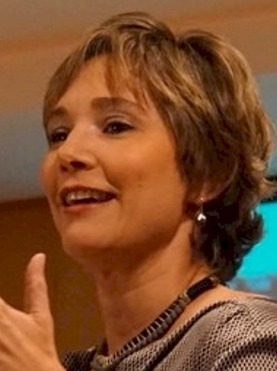
Dr. Teresa Giraldez is a Professor of Physiology at the University of La Laguna (ULL) Medical School. Her lab currently combines molecular biophysics and electrophysiology with the use of imaging techniques for the study of ion channels regulating neuronal excitability, encompassing structure-function and physiological studies in cellular systems and animal models. She has been Deputy Director of the Institute of Biomedical Technologies (ULL-ITB); Council member of the Biophysical Society, the Spanish Society of Biophysics and Spanish Society of Neuroscience. She is the elected co-Chair of the Ion Channels Gordon Research Conference-2024. She is currently member of the Editorial Advisory Board of the Journal of General Physiology and the Board of Reviewing Editors of eLife.
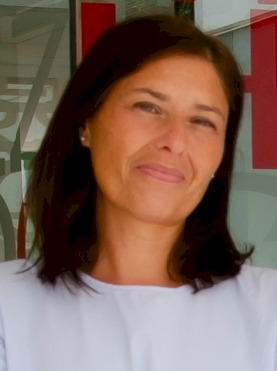
Dr. Eloísa Herrera is a Professor at the Spanish National Research Council (CSIC) and Principal Investigator at the Neurosciences Institute in Alicante (Spain). Her research focuses on the molecular mechanisms underlying the formation and regeneration of neural circuits. She has been Associate Coordinator (Neurosciences section) at the Spanish Ministry of Science and Technology. She belongs to the Editorial Board of the journals Scientific Reports and Molecular Brain and has been recipient of the Career Development Award (HFSP), the Alberto Sols Prize and holder of an ERC-Co Grant. Currently, she is the President of the Program Committee for the Spanish Society of Neuroscience (SENC) and, she has recently coordinated the chapter “Brain, mind & behavior” of the CSIC Strategic Plan for 2030.
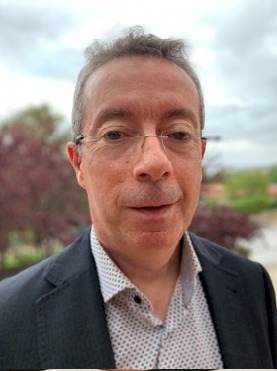
Dr. José Esteban is a Group Leader and Professor at the Spanish National Research Council (CSIC). His research group is focused on the molecular and cellular mechanisms of neuronal plasticity, and how alterations in these mechanisms lead to cognitive disorders. Particularly, this group has pioneered the identification of the intracellular trafficking machinery that remodels the synaptic membrane during plasticity. He has been Chair of the Neurobiology Department at the Severo Ochoa Center for Molecular Biology (CBM) and he is currently member of its Directive Board. He has also been a member of the executive committee of the Spanish Society for Neuroscience (SENC).
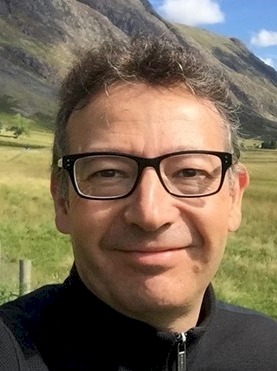
Dr. Rafael Fernández-Chacón is a Professor of Physiology at the Department of Medical Physiology and Biophysics of the University of Seville, Director of the Institute of Biomedicine of Seville (IBiS) and CIBERNED Investigator. As a graduate student at the University of Seville, he investigated the functional properties of the fusion pore during exocytosis. As a postdoctoral investigator at UT Southwestern Medical Center in Dallas and the Max-Planck Institute in Göttingen he worked on the molecular mechanisms of synaptic vesicle exocytosis. His research focuses on the molecular mechanisms of neurotransmitter release and the functional and structural maintenance of synapses and neural circuits and their alteration associated with synaptic dysfunction and neurodegeneration in human diseases.
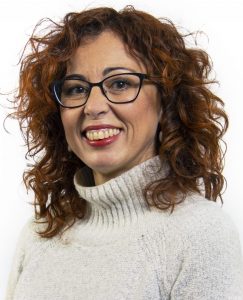
Dr. Conchi Lillo is a Professor of Cell Biology at the University of Salamanca, Group Leader at the Institute for Biomedical Research of Salamanca (IBSAL) and the Institute of Neuroscience of Castilla y Leon (INCyL). Her research is focused in the cellular and molecular mechanisms involved in some degenerative disorders of the visual system causing blindness. Currently, she is the Director of the Electron Microscopy Facilities of the University of Salamanca and the treasurer and head of the communication committee of the Spanish Society for Neuroscience (SENC). She also participates in several activities dedicated to dissemination of science to the society (Naukas, Pint of Science, podcasts, etc.).
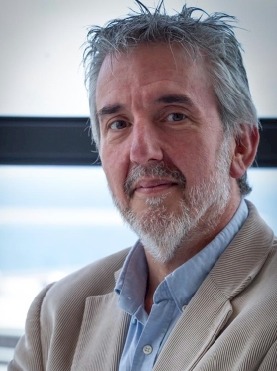
Dr. Casto Rivadulla is a Professor at the School of Health Sciences, University of A Coruña, Group Leader at the Biomedical Research Institute of A Coruña, and the Centre for Scientific Advanced Research (CICA). His research has been focused on studying the role of feedback connections on visual processing at different levels from the thalamus to higher cortical areas. More recently he has been interested in using non-invasive neuromodulatory tools as an instrument for modifying and understanding brain circuitry in healthy and altered brains. He has been a member of the executive board of the Spanish Physiological Society and is the current Secretary of the Spanish Society for Neuroscience.
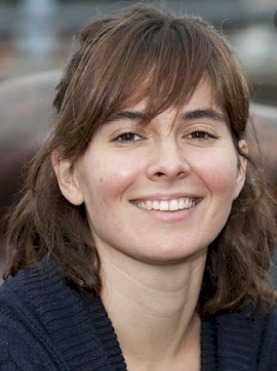
Dr. Amanda Sierra is a Research Professor at Ikerbasque and Achucarro Basque Center for Neuroscience, and an academic collaborator of the Department of Neurosciences, University of the Basque Country EHU/UPV. She is the director of the Glial Cell Biology Lab, where her group studies the bidirectional communication between neurons and microglia, the brain phagocytes, in the healthy and diseased brain. She has served as Secretary and Vicepresident of the Spanish Society for Neuroscience (SENC), and as a board member of the Spanish Glial Network. Currently, she is part of the editorial board of the journal Glia and a member of the Life Science Office (panel 3) of the Spanish Confederation of Scientific Societies (COSCE).
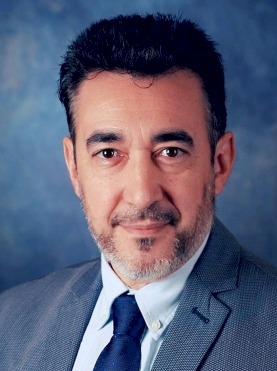
Dr. José Luis Trejo is a Research Scientist at the Cajal Institute of Madrid in the Spanish National Research Council (CSIC). His research is related to the lifestyle effects on the brain and cognition, specifically the cellular and molecular mechanisms involved in its inter- and transgenerational inheritance, its role on spatial navigation, both in laboratory animals and humans, and its implication in social behavior or pain processes. He has been ViceDirector of the Cajal Institute-CSIC, and Secretary and Vice President of the Spanish Society of Neuroscience (SENC). Currently, he is President of the Spanish Brain Council, and Chair of one of the boards of the Research Foundation Flanders (FWO) funding system of Belgium.